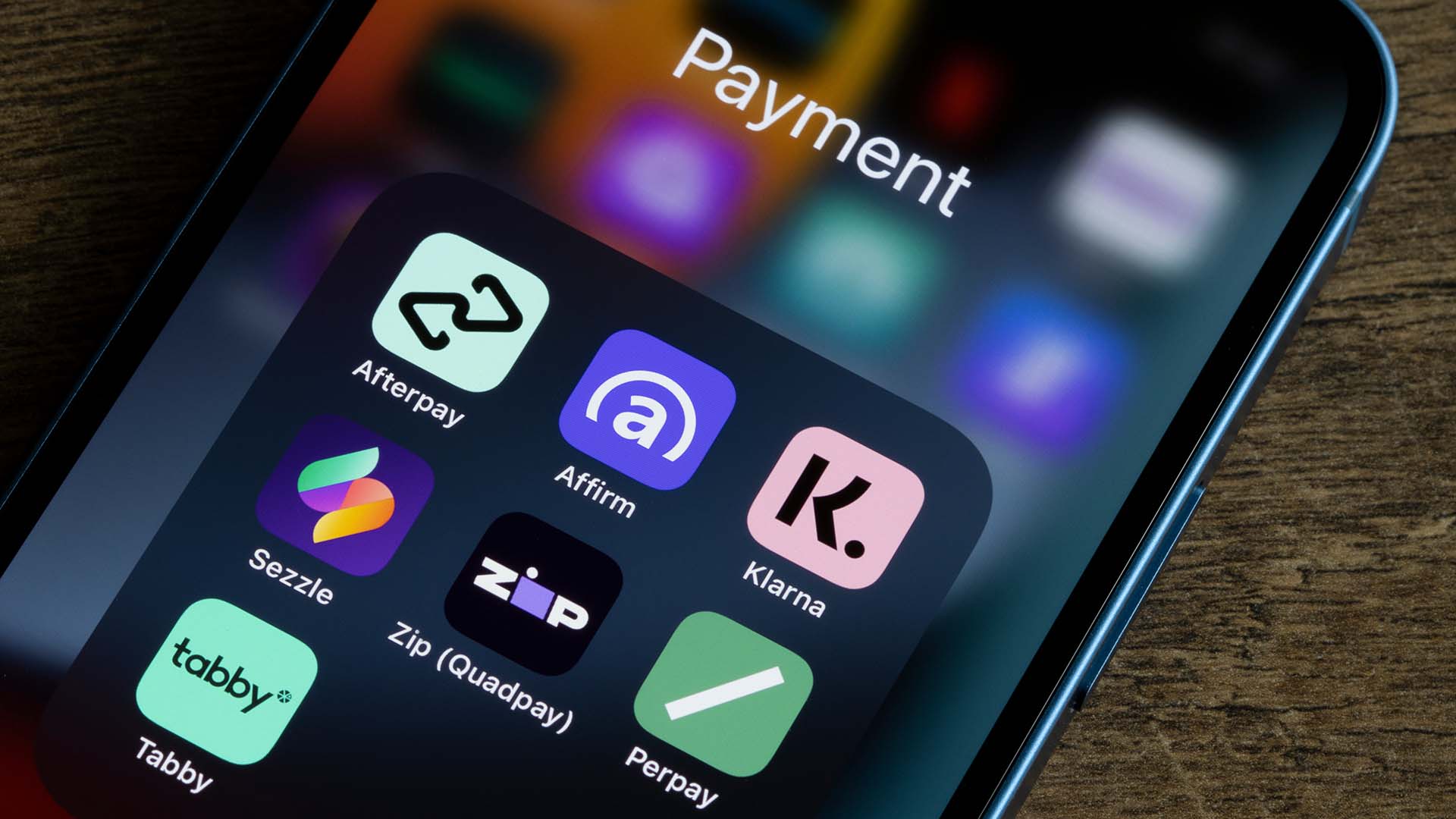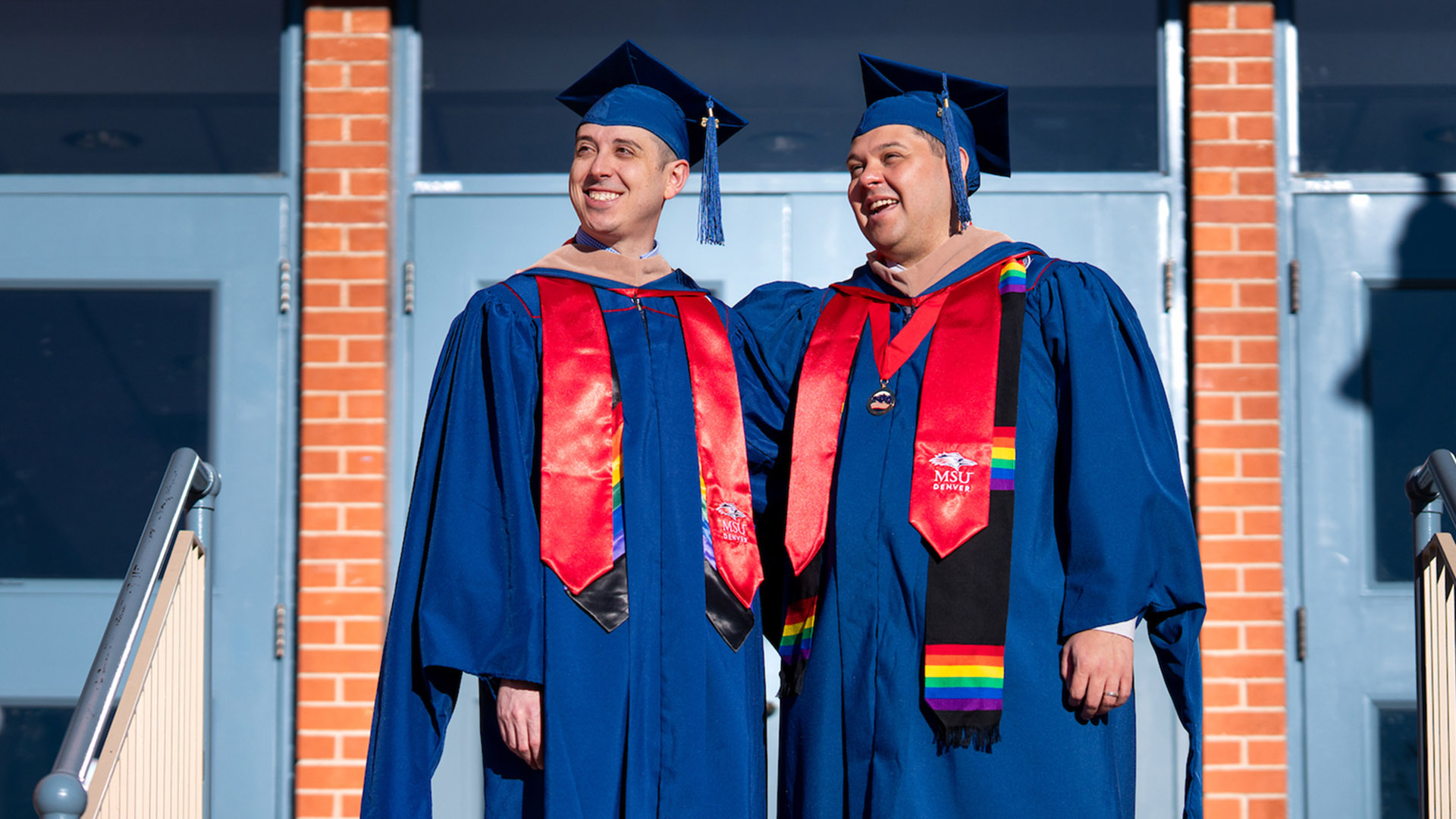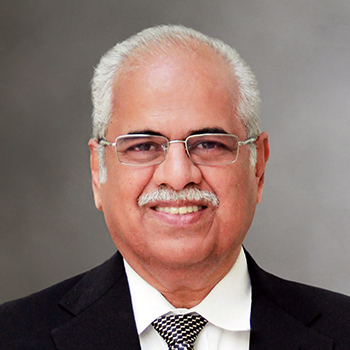Free money?
2020 Democratic presidential candidate Andrew Yang has everybody talking about universal basic income. Here’s what you need to know.

Robots are coming for our jobs – but 2020 Democratic presidential candidate Andrew Yang has a plan to save us.
A central tenet of the entrepreneur/philanthropist’s long-shot presidential bid is his proposed “Freedom Dividend,” a form of universal basic income (UBI) that would provide each U.S. adult with a payment of $1,000 per month, no strings attached.
Yang argues that providing a UBI in the United States is required to mitigate the job losses and social unrest that may accompany the greatest technological shift the world has seen: the advent of artificial intelligence (AI) and acceleration of automation.
One out of every three Americans workers is at risk of losing their jobs by 2030 to technologies such as AI and automation, management consulting firm McKinsey & Co. reports. In the face of those changes, Yang argues that UBI will provide Americans with the financial stability to increase entrepreneurship, improve labor-market efficiency and strengthen bargaining power for workers.
This is what $1,000 looks like. Imagine getting it once a month. We can make the #FreedomDividend real for every American. ?????? pic.twitter.com/LDW2nU73xt
— Andrew Yang (@AndrewYang) July 18, 2019
But economists and political scientists remain divided on the concept and the effects it would have on the U.S. economy and society if enacted.
Here’s what you need to know about the proposal poised to rock the 2020 Democratic presidential primary.
What is UBI?
Universal basic income is an income-support mechanism typically intended to reach all (or a large portion) of the population with no (or minimal) conditions, according to the International Monetary Fund.
“The relevant idea behind UBI is that individuals would have the economic security to pursue new jobs and thus enhance labor efficiency,” said Robert Preuhs, Ph.D., professor of political science at Metropolitan State University of Denver. “People experience less financial stress with spillover effects in terms of health and happiness, which in turn make for a better society.”

While the concept of a UBI may seem new when framed as a response to the effects of technologies of AI and automation, scholars, economists and politicians have flirted with the concept since the founding of the country.
American Founding Father Thomas Paine called government a “necessary evil” but wrote that one role it should take on is economic support of its most vulnerable citizens. In the aftermath of the Civil War, economist Henry George proposed abolishing taxes and providing a pension for all via a public land fund. During the depths of the Great Depression, Louisiana Gov. and U.S. Sen. Huey Long proposed a minimum UBI – as well as a maximum income – as part of his “Share Our Wealth” movement. None other than Republican President Richard Nixon in 1969 proposed a guaranteed annual income for low-income Americans, but the reform died in the U.S. Senate.
The Mile High City has also experimented with UBI. Dubbed the Denver Income Maintenance Experiment, it was the last in a series of four large-scale efforts undertaken in the late 1960s and early 1970s to measure the effects of UBI. In February, Stockton, Calif., became the first U.S. city-led UBI pilot program, distributing $500 per month for 18 months to 130 residents.
Still, UBI remains untested at a national level, said Kishore Kulkarni, Ph.D., professor of economics at MSU Denver.
“Politically, it’s a viable idea, as some look only at the benefits of a program,” he said. “However, when we consider both economic and opportunity costs, I’m not sure it’s a good decision for the country.”
Why is UBI a hot topic now?
Yang’s unconventional political platform largely originates from futurist Martin Ford’s 2015 book “Rise of the Robots: Technology and the Threat of a Jobless Future,” which details the potential – and, in some sense, inevitability – for automation and AI to displace educated workers in the job market.

Sam Jay, Ph.D., assistant professor of communication studies at MSU Denver, recently featured the book as a central discussion point in one of the University’s Faculty Learning Communities; he acknowledged the potentials of a workforce sea change but questioned the scope of its impact.
“In some sense, we’re looking at the utopia of advanced liberal economics,” he said. “There’s a good chance someday we’ll experience the effect of more automation, but I don’t know if it’s something necessarily disruptive within our generation – it could likely be well-considered and integrated into society similar to how the personal computer has been.”
Similarly, Preuhs noted how dystopian scenarios have been historically inaccurate; however, the economic and cultural shift in workplace stability has led to more short-term unemployment and associated stressors.
“Talk of a massive technological disruption of the workforce has been around for a long time,” he said. “And while we have not experienced the (four-hour) workweek as robots take over our routine jobs that was forecast in my childhood – a bit of a disappointment to much of my generation – the labor market has changed quite a bit.”
Perhaps because previous predictions have failed to come true, Americans appear split in their support of a hypothetical UBI program that would guarantee a minimum income for workers who lose their jobs because of AI. A recent Gallup survey of Americans’ attitudes toward the technology found that 48% would support a UBI program and 52% would oppose it. Among supporters, 46% said they would pay higher personal taxes to fund a UBI program and 80% said companies should pay higher taxes to do so.
This shift to jobs with continually changing skill-set requirements underscores the need for critical-thinking abilities cultivated by a broad-based liberal-arts curriculum, as well as industry-responsive programs such as MSU Denver’s Advanced Manufacturing Sciences Institute.
As Kulkarni noted, it’s imperative that our institutions are responsive to adapt to this new reality.
“Automation can create more work opportunities,” he said. “I think we make the mistake of assuming that jobs are constant when they’re actually increasing.”
Who would pay for an American UBI?
Regardless of annual cost estimates that range wildly from $539 billion to just shy of $4 trillion, one thing is certain: A plan like the Freedom Dividend doesn’t come cheap.
Yang proposes paying for this idea with a 10% value-added tax (VAT), where a good is taxed at each step of the production process instead of simply at the end of a supply chain as revenue component.
It’s not without precedent, either, as more than 140 countries have adopted some variant of a VAT. According to reporting from the Congressional Budget Office, it has the potential to generate substantial revenue without discouraging individual saving and investment – however, it would also likely be regressive, where the majority of the burden is borne by those in lower socioeconomic statuses.
“(UBI) is not a bad idea if we don’t have too many recipients,” said Kulkarni. “But given the current budget situation of the federal government, more tax burden isn’t advisable. Plus, it might not work efficiently; in the U.S., one has to be even more skeptical as the administrative and management problems are higher in number and greater in depth.”
What are the alternatives to UBI?
Experts agree that that technological advances will continue to reshape the workforce. After all, the market for buggy-whip manufacturers has all but disappeared since the advent of the automobile. But Jay wondered if investment in training for this new landscape might be a better approach than UBI.
“There’s always going to be a need for technical skills and ability to adapt,” he said. “Paying for education to provide that may be a better approach than UBI.”
Preuhs also conceded that convincing middle- and upper-class voters that costs are outweighed by less-than-immediate benefits of economic security will be a big hurdle; additionally, the current political environment would virtually eliminate it from immediate discussion.
“That said, small steps like Colorado’s guaranteed college fund fall in the spirit of this type of program and may be able to muster some bipartisan support,” he added. “Income security will certainly be part of the presidential debate but more likely in the form of minimum wages or increases in the earned income tax credit and health care.”







